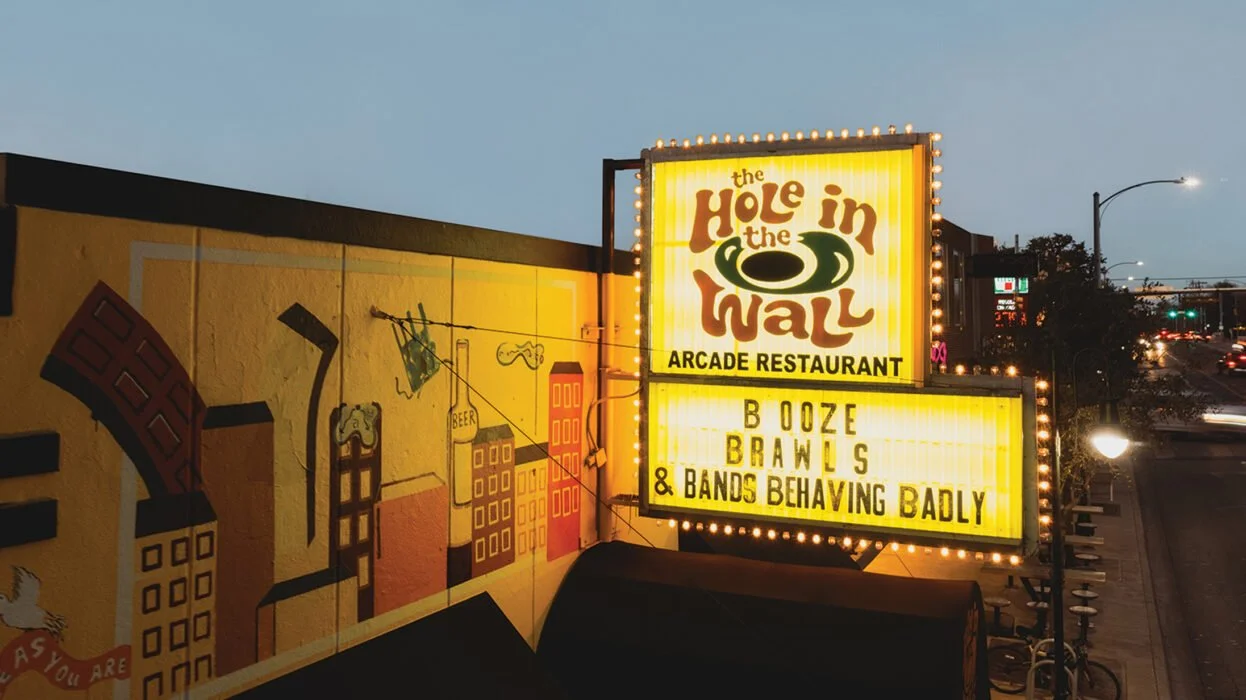Xiu Xiu’s music abides by no genre. The avant-rock group’s core comes in iconoclasm, desperately and aggressively challenging the status quo. During Donald Trump’s first presidential term, the former duo hardly refrained from criticizing the populist and alt-right politics of the day. Their 2019 release, Girl With Basket of Fruit, teems with queer and anti-racist anger.
Read MoreSince its inception, punk has been the musical poster child for inaccessibility, gatekeeping, and pretentious finger-pointing. This phenomenon has posed a long-term problem for the political motivations within the genre and the music itself.
Read MoreMAGCON, otherwise known for its live thirst-trapping, was responsible for a number of extremely popular male internet personalities. As their audiences grew, many of the MAGCON boys turned to singing. However, as of 2024, only one is widely established within the music industry. Why did Shawn Mendes’ career take off where others’ failed?
Read MoreUMG’s removal of their songs on TikTok shows a shift in the relationship between social media sites and major labels.
Read MoreDuring its peak, the SoundCloud rap era was a force in Hip-hop, with gritty lo-fi production, multi-genre lyricism, and DIY bedroom productions. However, rappers often reinforced misogyny in their lyrics and downplayed the severity of accusations of sexual violence.
Read MoreSXSW 2024 was bustling with music and tech panels, and AI dominated nearly every conversation. At the precipice of immense industry innovation, music business professionals presented mixed arguments for how AI can help and hurt independent artistry.
Read More“Maestro” stuns with dazzling cinematography, but its rich, colorful shots may represent all the film has to offer. Bradley Cooper’s picture had the power to demystify classical music and introduce its deep history to a new generation, but instead it leaves viewers with a burning question: So what?
Read MoreThe music industry faces ongoing challenges from COVID-19. Here’s how innovations like virtual concerts and a resurgence of physical music formats are reshaping the industry while sparking conversations about safety and accessibility.
Read MoreThe Iconic Venue Fund is undeniably helpful, but we could be doing more to sustain Austin’s live music scene.
Read MoreRick Rubin takes an unconventional approach to music production. Working with music artists like the Beastie Boys and Johnny Cash, he set a different, more creative standard for music creation, becoming a heavily awarded music producer.
Read MoreHow Otis Rush taught his electric blues peers how to weep in song and truly confess the blues.
Read MoreSinger-songwriter Gracie Abrams eased into the bedroom-pop scene and met a sudden success that even artists twice her age haven’t managed. How did she make it in the music industry? Just ask her parents.
Read MoreA new archival record revisits previously-unheard demos of the virtuoso record producer who brought sumptuous symphonics to R&B and was at the forefront of new electronic frontiers before his untimely death.
Read MoreAs hand-picked playlists continue to frame the way we consume music, it’s time to step back and wonder: what’s the danger of losing perspective?
Read MoreIn an industry that grows and changes so rapidly under a government that is often divided, it is important to consider the economic impact that live entertainment has on local communities.
Read MoreElectrifying hippie counterculture of peace, love, liberation, and bacchanalian revelries defined the 1960s musical landscape. Behind it all? The overarching influence of psychedelic drugs.
Read MoreWomen have been writing music since the Byzantine Empire, yet they lack significant recognition for their contributions. Whether two millennia ago or today, female classical composers deserve space in the music world.
Read MoreHow Roy “Professor Longhair” Byrd’s individualistic and experimental piano-playing style revolutionized the New Orleans music scene and paved the way for rock and soul.
Read More

















